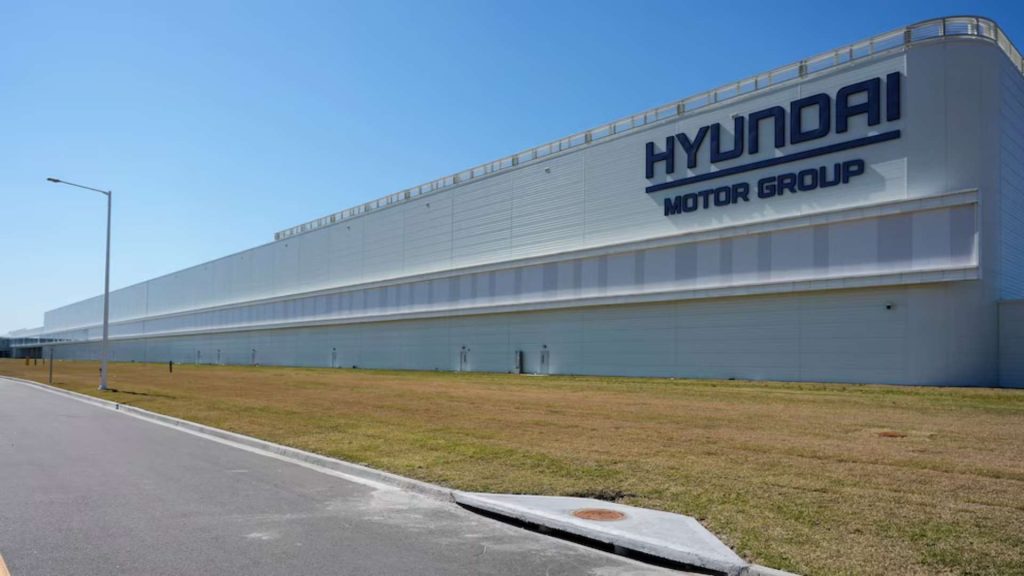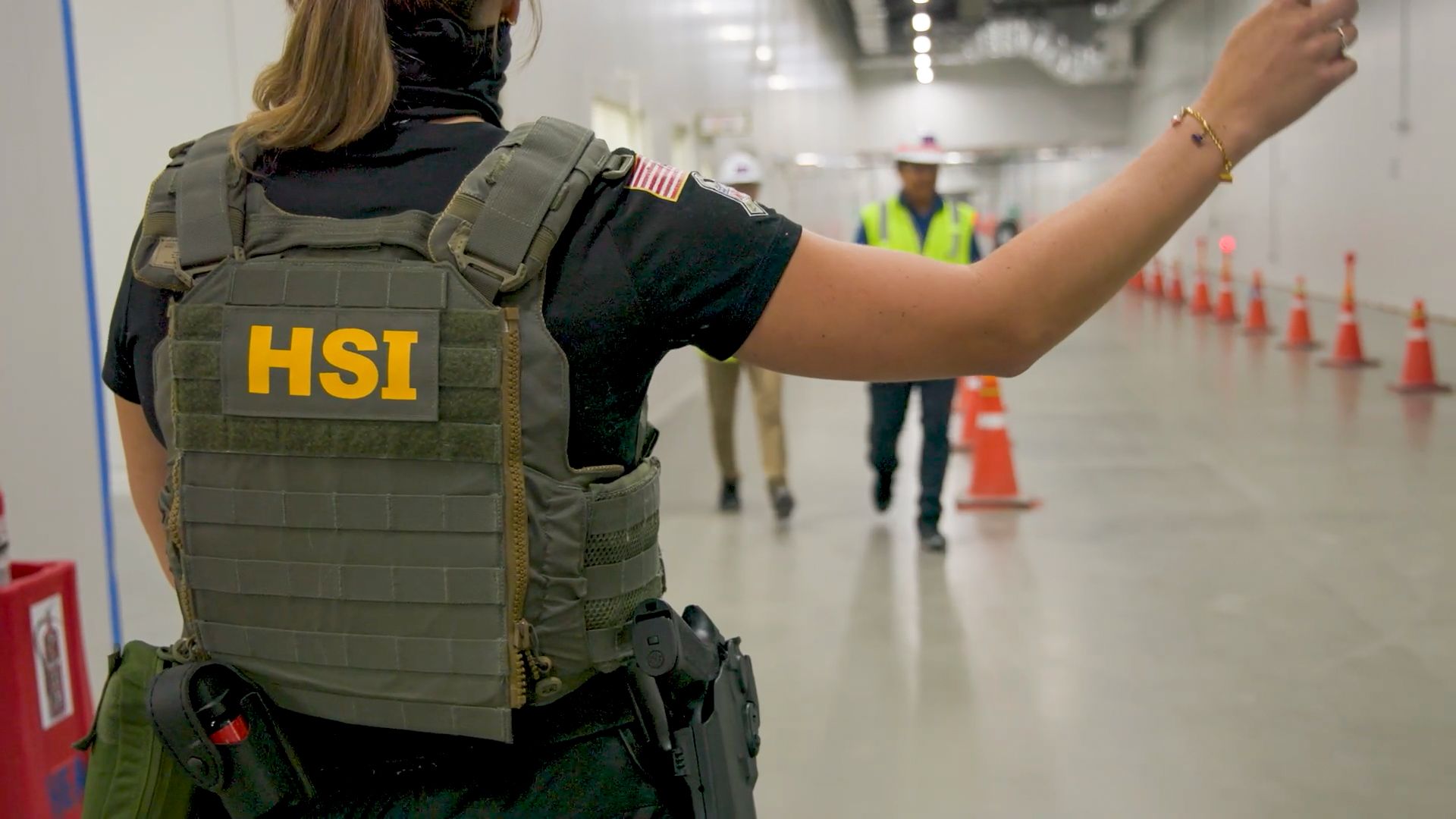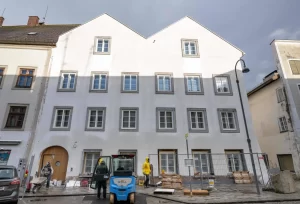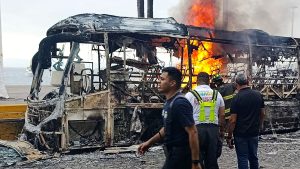A massive immigration raid at a Hyundai battery plant in Georgia has shaken both Washington and Seoul.
Nearly 475 workers—most of them South Korean—were arrested after US officials said they were working illegally on visitor visas.
“People on short-term or recreational visas are not authorized to work in the US,” Immigration and Customs Enforcement (ICE) stressed.
The raid was framed as a move to “protect American jobs.”
But the fallout could stretch far beyond one factory floor.
South Korea, whose companies have pledged billions in US investments, quickly dispatched diplomats to Georgia.
What’s Korea’s Response?
Foreign Minister Cho Hyun admitted to feeling a “great sense of responsibility” as he chaired an emergency meeting in Seoul.
The country’s foreign ministry warned the rights of its citizens “must not be unfairly infringed” during US crackdowns.
The workers, more than 300 of them Korean nationals, are being held at an ICE facility while officials decide next steps.
Hyundai insists none were direct employees, while its partner LG Energy Solution promised full cooperation with investigators.
Immigration lawyer Charles Kuck argues not everyone detained was working illegally.

Some, he said, were simply attending meetings under a legal visa waiver program.
The raid highlights a political tightrope: President Trump wants foreign investment and tougher immigration enforcement.
But when those two collide? As one official put it, “They need to do it the legal way.”
For now, the factory once hailed as Georgia’s biggest economic success is at the center of a diplomatic storm.





